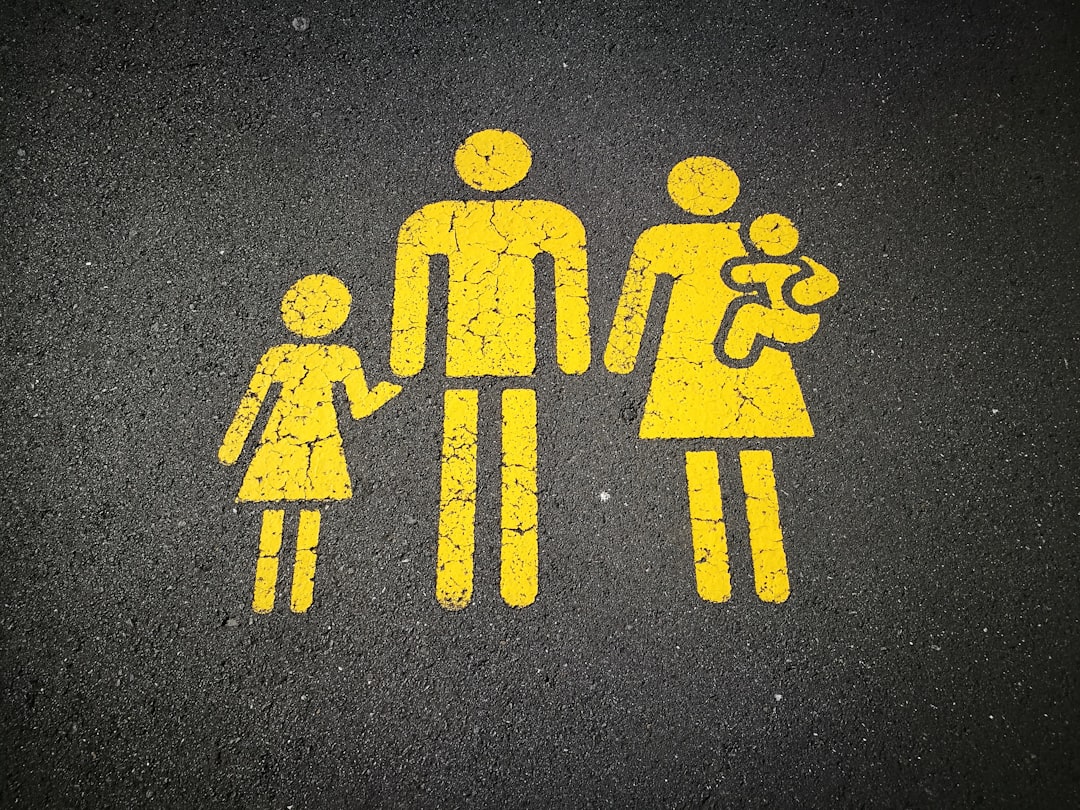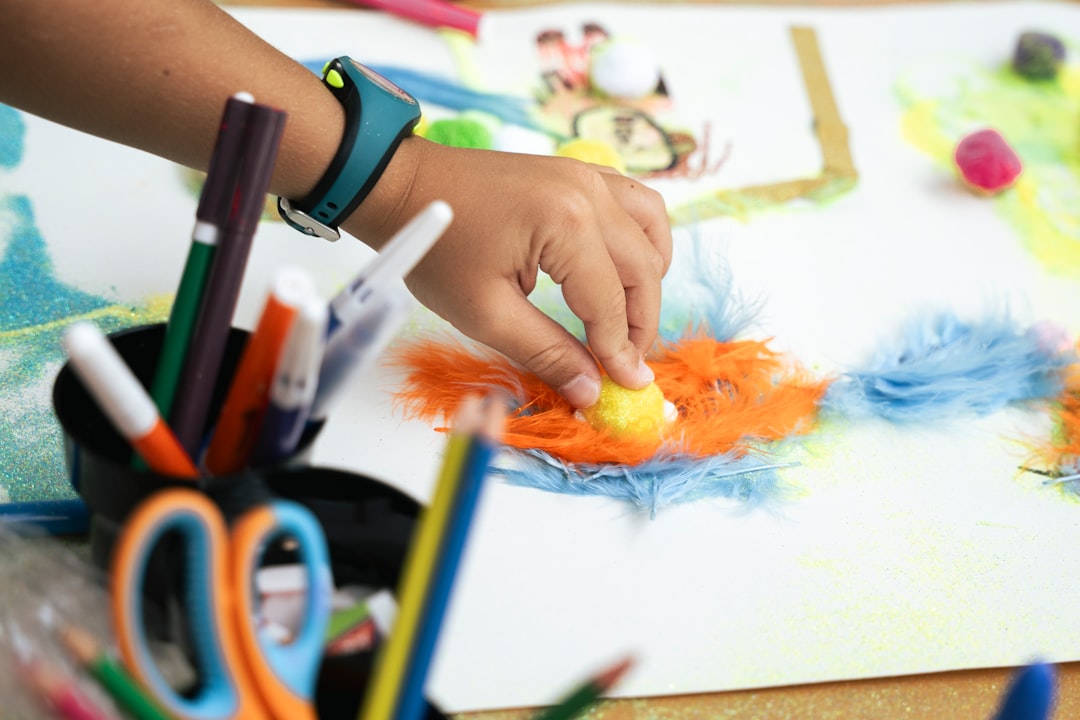Introduction
In today’s rapidly changing world, the inclusion of comprehensive educational topics within school curriculums is essential for preparing well-rounded individuals. Among these topics, alcohol education stands out as a crucial subject for discussion among young students. Crafting a curriculum that includes alcohol education can equip children with the knowledge and skills they need to make informed decisions about alcohol use in their adolescent years and beyond. This article explores the significance of integrating alcohol education into the school curriculum and the various ways it can be effectively implemented.
The Importance of Alcohol Education
Understanding the effects of alcohol and the implications of its consumption is vital for young individuals. Integrating alcohol education into school curriculums from an early age helps establish a foundation of knowledge that can guide students in making responsible choices. This education can demystify myths and misconceptions about alcohol, provide factual information, and foster a healthier attitude toward its consumption.
Curriculum Integration Strategies
Implementing alcohol education requires thoughtful planning and can be introduced through various methods. Schools can incorporate this topic into science classes where students learn about the biological impact of alcohol on the body. Social studies classes can discuss the historical and cultural aspects of alcohol, while health education classes can focus on its psychological and social effects. By weaving alcohol education into different subjects, schools can provide a comprehensive understanding from multiple perspectives.
Interactive and Engaging Learning
To effectively engage students, alcohol education should go beyond traditional lectures. Interactive approaches such as group discussions, role-playing scenarios, and case studies can make learning more relatable and impactful. Schools can also utilize multimedia tools like videos and interactive quizzes to enhance understanding and retention of information.
Collaboration with Parents and Community
Education on alcohol does not end in the classroom. Schools should actively involve parents and the local community in this educational journey. Workshops and seminars can be organized to educate parents about how to discuss alcohol use with their children effectively. Community health officials and local law enforcement can also be invited to speak to students, providing expert insights and real-world perspectives on the implications of alcohol use.
Evaluation and Adaptation
To ensure the effectiveness of alcohol education, schools should implement regular evaluations and adapt their teaching methods and materials based on feedback and new research. Surveys and feedback forms from students, parents, and educators can provide valuable insights into what is working and what needs improvement. This adaptive approach allows schools to stay current with educational strategies and societal trends, ensuring that their students receive the most relevant and effective education possible.
Conclusion
Incorporating alcohol education into the school curriculum is not just about informing students about the dangers of alcohol consumption; it is about empowering them with the knowledge to make informed decisions and develop healthy lifestyle habits. Through strategic integration, interactive learning, community involvement, and continuous evaluation, schools can play a pivotal role in shaping the future of their students. By addressing this topic openly and comprehensively, educators can help forge a path toward a more informed and responsible generation.



